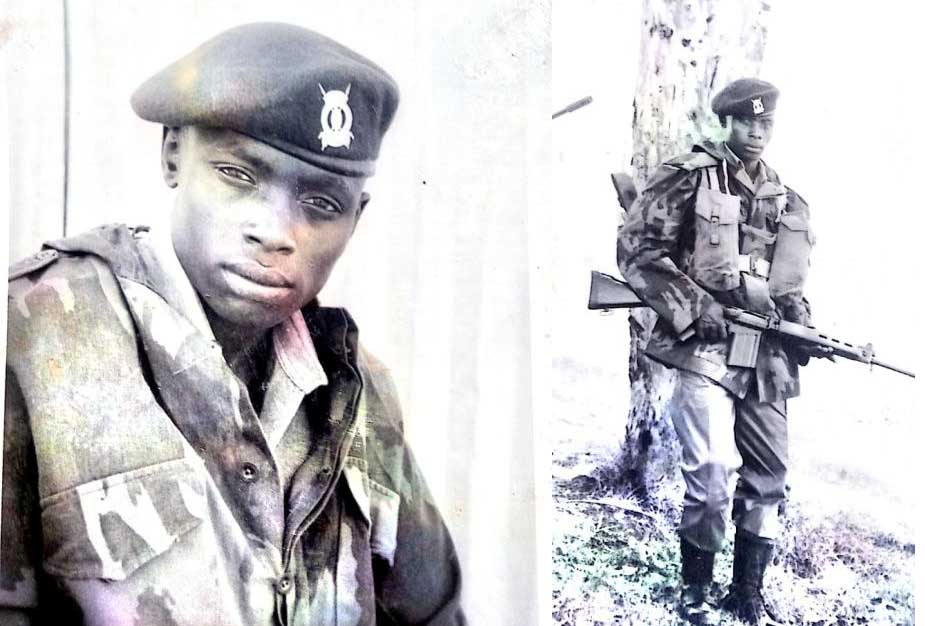×
The Standard e-Paper
Home To Bold Columnists

Retired Constable Nelson Kiprotich. [Harun Wathari, Standard}
Senior politicians’ family members, especially their children, often have limited freedom to interact with communities around them, a lot of the time for security reasons.